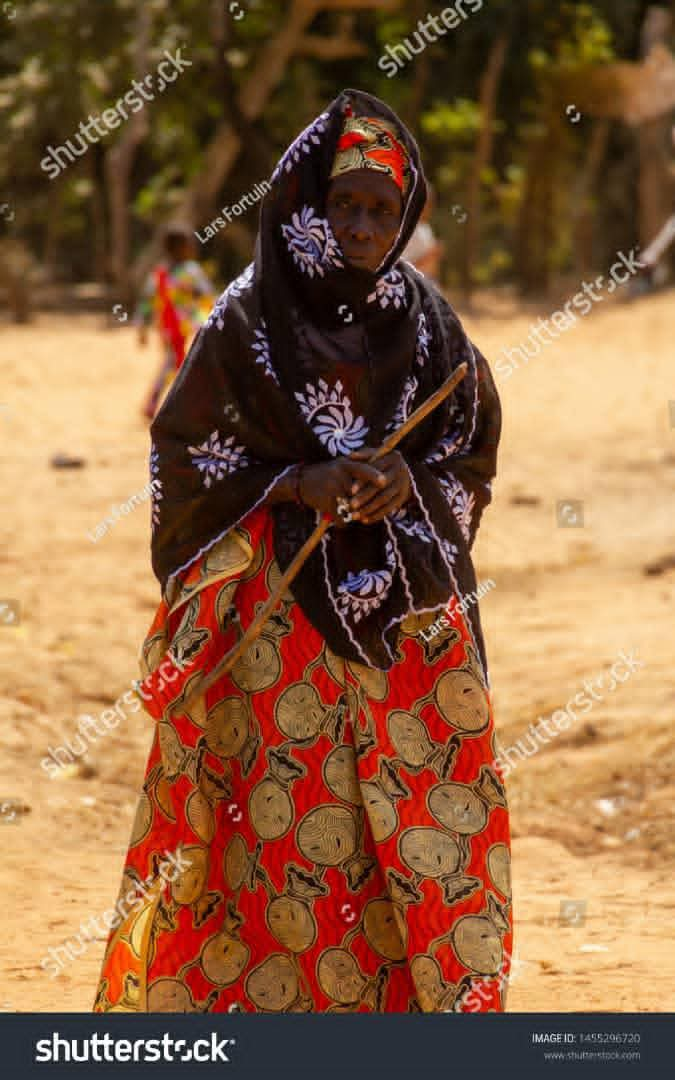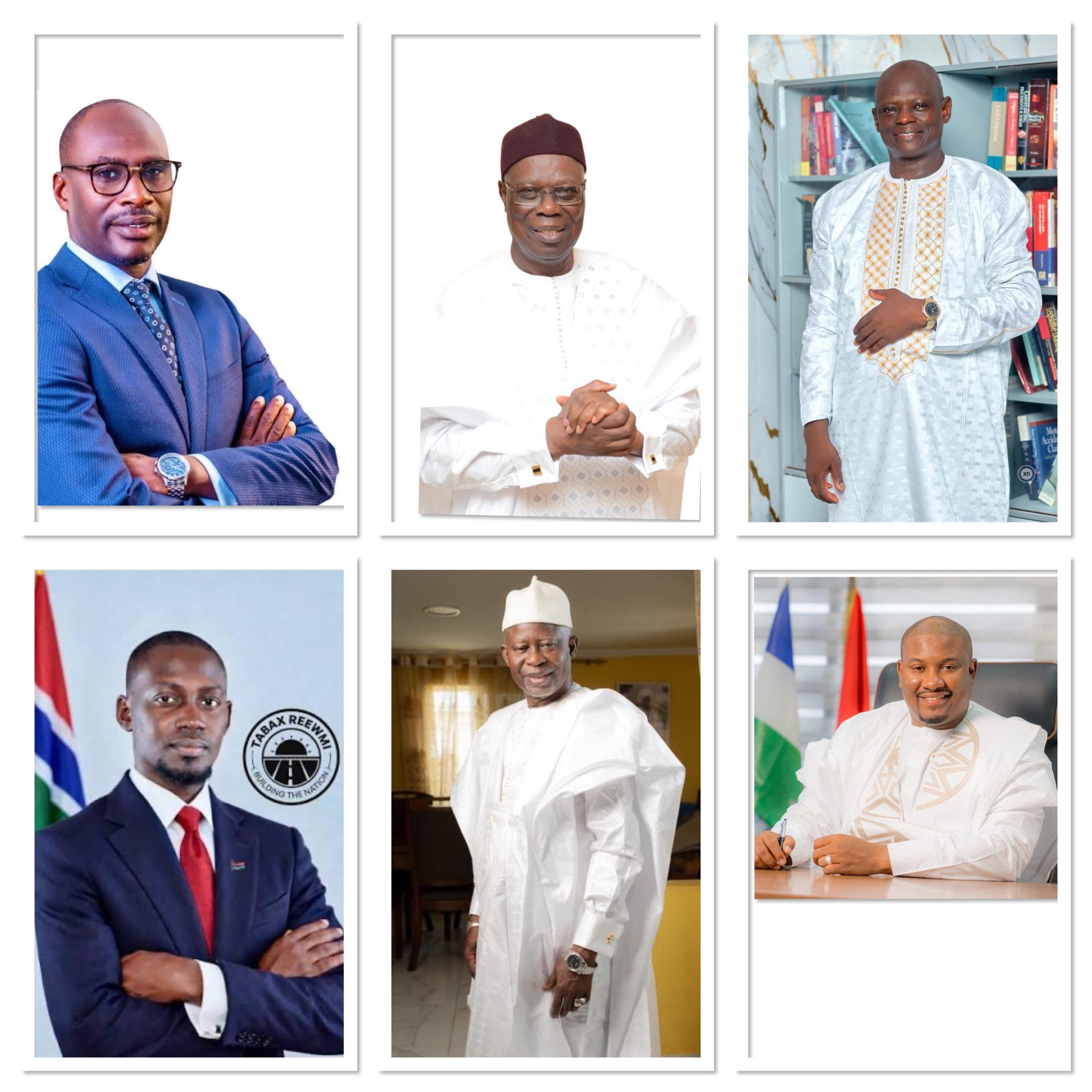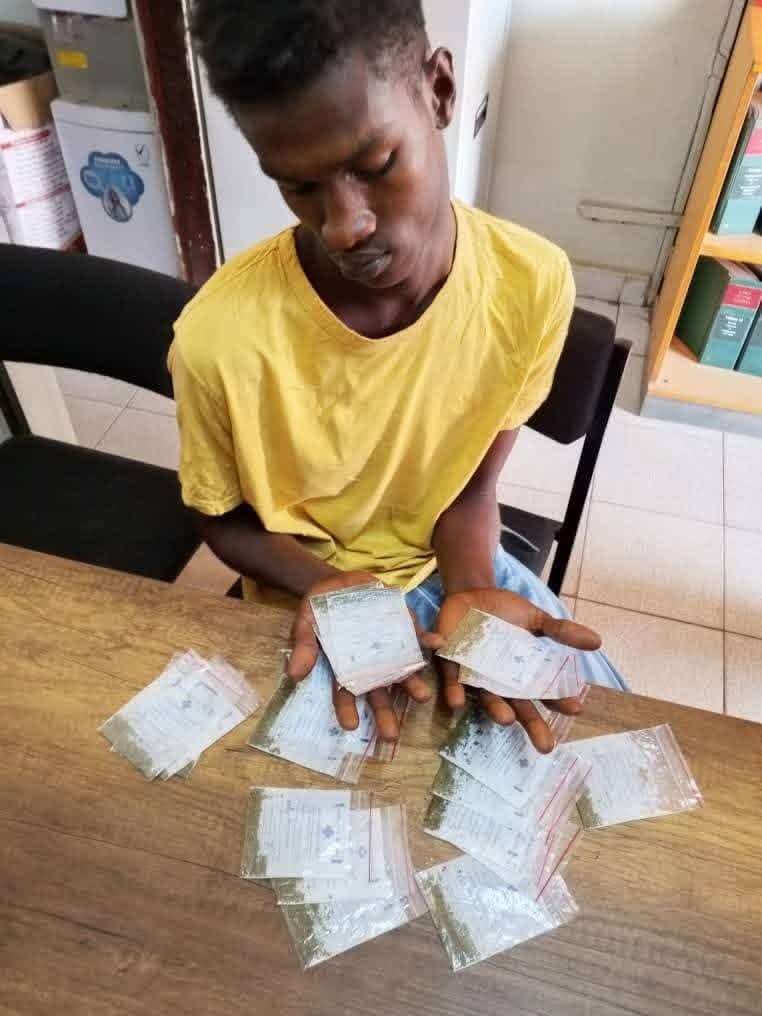By Sheriff Saidykhan
Modou Joof, the Secretary General of the Gambia Press Union (GPU) said the Union is still concerned about the safety and security of Journalists in the country.
He made these remarks on Friday, during the celebration of World Press Freedom Day at Sunset Beach Hotel, Kololi with the theme “A Press for the Planet: Journalism in the Face of the Environmental Crisis”.
World Press Freedom Day is set aside to reflect on issues of press freedom and the recognition of the important role of a free and independent press, and to amplify the voices of the voiceless.
State of Press Freedom & Freedom of Expression in The Gambia
Modou Joof said there have been an increase in media proliferation, allowing people to enjoy the luxury of watching different media channels and to share divergent views on the administrative life of the country.
“We have seen an increase in the number of private radio stations by almost 75%, with 39 FM stations in operations as of 2021, according to data from the Public Utilities Regulatory Authority (PURA), which is responsible for registration of broadcast media.
Gambians now enjoy the luxury of watching multiple local television channels, with five private television stations in operations, in addition to the national television which was the only TV station until 2017 when television broadcasting services was liberalised.
There are nine community radio stations, and a growing number of online platforms, at least twenty, however, there has been a drop in newspaper publications, with only five regularly publishing a print version.
Nonetheless, the increase in radio and TV stations means that more people now have access to the media to express their opinions on issues concerning their lives and livelihoods, and on issues of government and governance,” he said.
He said in 2023, the country registered significant progress in the Global Press Freedom Index with The Gambia ranked 5th in Africa and 46th in the world among 180 countries. He said this year, the country has dropped sharply in the Global Press Freedom Index.
He continued: “This year, the country dropped to 58th position globally (-12) and 10th in Africa (-5) in the global press freedom index. While this is still better that what obtains in a number of countries, the reason for the drop hinges on attacks on journalists, bad media laws, economic challenges, a lack of political will to ensure safety of journalists, and a lack of implementation of the Access to Information law,” he argued.
Attacks on Press Freedom & Freedom of Expression
He said the country is still grappling with challenges of press freedom – from physical attacks on journalists to impunity and a lack of justice for dictatorship-era crimes against journalists.
“We have witnessed in recent months direct threats to journalists and media houses from the current administration, which ignited calls on social media for attacks on individual journalists and media houses by political party militants affiliated with the ruling party. Journalists and media workers and human rights defenders have also faced arbitrary arrests by the police, detained incommunicado without access to family or lawyers with whereabouts unknown and in one instance physically assaulted while in custody, and released with or without charges. Incidences of physical assault on journalists and media professionals perpetrated either by the police or political party militants which occurred since 2017 have never been investigated, and no one is held accountable,” he said
He added: “The Gambia also has an access to information law which is crucial to the media’s role in promoting accountability, people’s right to information, freedom of expression and political participation. The government has initiated processes to operationalise the law, although very slow, with the development of policies and capacity building. However, a lack of a clear direction in the form of a good framework is hindering much needed progress to set up all the structures and mechanisms needed to operationalise the Access to Information Act, 2021. While commissioners have been identified, an Information Commission has not been established, the digital infrastructure to facilitate in part, obligations on proactive disclosure aren’t available, and government institutions have no Access to information implementation plans.
As a result, the culture of hoarding public information which was entrenched during the dictatorship still continues.
Journalists, civil society, the private sector, students and members of the public still face challenges accessing public information,” he concluded


.jpeg)



